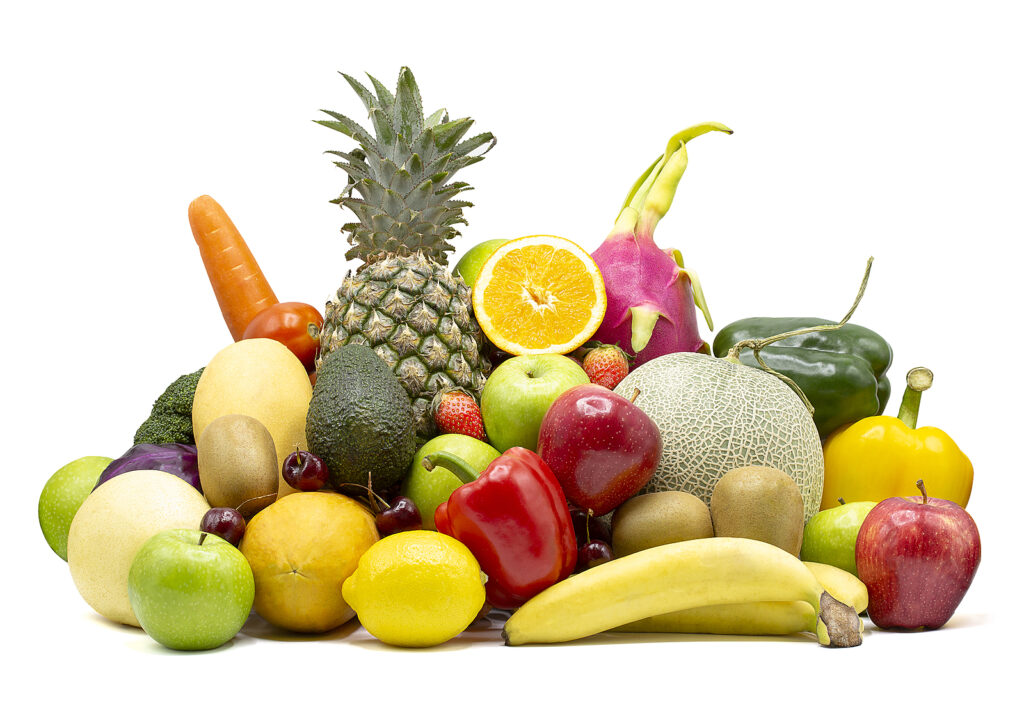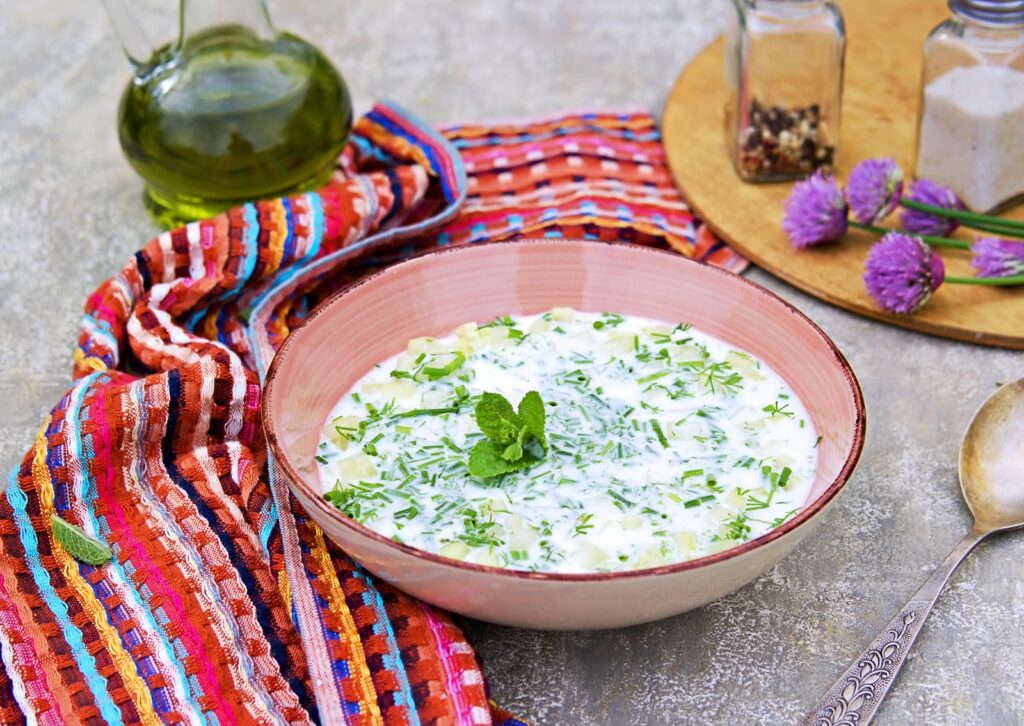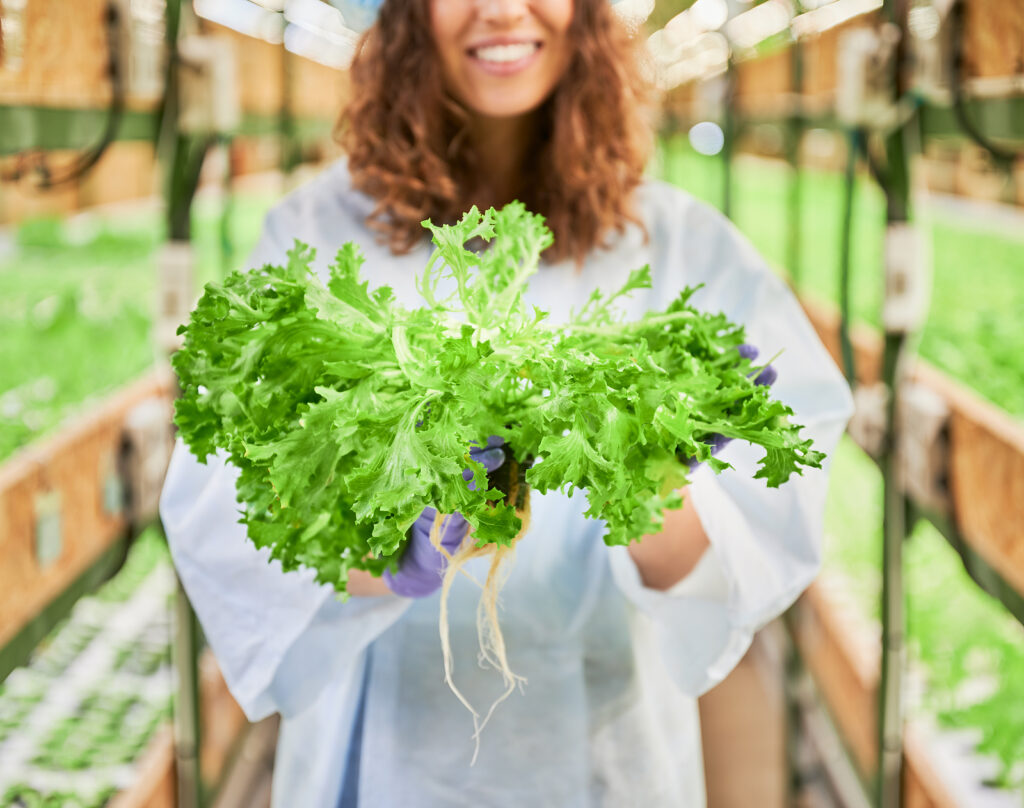A family kitchen garden is a great way to instill healthy eating habits and encourage the growth of good teeth foods. The following foods support strong bones and dental health and are especially important during the summer months when many families are looking for fun and refreshing treats. If you would like to grow and enjoy these foods, start your own family garden today! These are easy to grow and will benefit your entire family, from toddlers to grandparents. Here are some recipes for good teeth foods:
Table of Contents
Fruits

Although fruit is good for teeth, it can also be bad for your oral health. Some fruit juices and dried fruits can cause tooth decay, as they contain acid and sugar. Fruits that are whole are better for your teeth, as they contain water. Keeping your teeth clean with fruit can also help you avoid cavities. Listed below are some fruits that are good for your oral health. They should be eaten in moderation. Aim for a small handful every day.
Apples: Eating a medium apple will help prevent tooth decay. The apple mimics the texture of your toothbrush, which will help you remove plaque. Also, chewing an apple will increase your saliva production, which neutralizes the acidity in plaque and helps keep teeth clean. Pears are also high in fiber, which can help keep your mouth healthy. And since they don't contain sugar, eating more of them will help you keep your teeth and gums strong.
Red Peppers: Red peppers contain high levels of vitamin C and fiber, making them great for cleaning teeth. Plus, they pair well with hummus, dips, and stir-fries. Red peppers are also great sources of antioxidants. If you want to avoid high sugar foods, consider eating more fruits and vegetables. Eating more fruits and vegetables will help you keep your teeth healthy, and they are good for your overall health, too.
Vegetables
Eating lots of vegetables will keep your teeth healthy. Most vegetables are a complex carbohydrate, and a handful of raw veggies can help you remove plaque from your teeth. Spinach, celery, and carrots are all great choices for this purpose. Other vegetable-rich foods are lean sources of protein, which can help your immune system and mouth health. They also carry little to no risk of cavities. This list is by no means comprehensive, but it should give you some ideas.
Aside from keeping your mouth fresh, vegetables contain vitamins and minerals that are beneficial for your teeth. Some of these nutrients can help you fight tooth decay, while others can help your teeth maintain their natural balance. Leafy greens, for example, contain calcium, folic acid, and B vitamins. They can be added to salads and smoothies. You can also consume raw onions for the same effect. These vegetables contain lots of fiber, which is great for your gums and teeth.
Fresh broccoli is a great choice if you want to improve your teeth's condition. The vitamin C in broccoli helps strengthen tooth enamel. Kiwis are another good choice as they contain high amounts of vitamin C. Apart from the vitamin C content, they also contain malic acid, which helps whiten teeth. The nutrients in these foods make them a great snack for anyone who wants to boost their immunity. The good news is that vegetables are healthy sources of calcium and vitamin D.
Unsweetened natural yogurt

Yogurt is packed with calcium, a mineral that keeps teeth and bones strong. Calcium is particularly important for growing children as it helps maintain the density of skeletal bones. In addition, calcium strengthens teeth's enamel and prevents cavities. Yogurt also helps balance the PH levels of the mouth, which discourages the growth of bacteria that cause cavities. And, yogurt is low in fat and high in protein, which makes it satisfying for your sweet tooth.
Acidic mouths encourage cavity-forming bacteria. Yogurt brings the mouth's pH level to a friendly level, preventing bacteria from growing and causing cavities. To be most beneficial, choose unsweetened Greek yogurt and avoid adding any sugar. If you are unable to avoid sugar, try Greek yogurt, as it contains higher levels of probiotics. But if you can't stand the taste of plain yogurt, you can substitute sugar with fresh fruit.
Apart from maintaining healthy teeth, yogurt also protects the gums. Yogurt contains ‘good' bacteria called probiotics, which slow down the growth of bad bacteria in the mouth. These bacteria are responsible for gum disease and other dental issues. So, eating yogurt daily can prevent tooth decay and improve gum health. While the taste of yogurt is not the most appetizing one, the benefits can't be ignored.
Cheese
Cheese has long been known to protect teeth. Its benefits are well-recognized by dental professionals. Studies have shown that people who consume cheese on a regular basis have a lower risk of developing tooth decay. Eating cheese regularly may also improve your overall health. But what else does cheese do for your teeth? Here are a few additional ways it can help. A small portion of cheese can go a long way.
Eating cheese can help improve the pH of the mouth, which is crucial for maintaining strong, healthy teeth. Cheese is a rich source of casein, a protein that helps strengthen tooth enamel. This protein also helps prevent tooth decay because it stimulates saliva production. And cheese's calcium content helps replace lost minerals. Its phosphorus content also helps maintain the pH level in the mouth. In addition, cheese's acid-fighting properties help you avoid cavities by preventing tooth decay.
Its acid-reducing properties have led to intensive research into the relationship between nutrition and dental health. Cheese, as the final food in a meal, has been shown to prevent caries. Chewing cheese helps build up tooth enamel because it stimulates saliva flow. Additionally, cheese contains casein and whey protein, which strengthen teeth and gums. However, not all cheeses provide these benefits. Some processed cheese products can even wear down enamel.
Leafy greens

While there are many benefits to eating leafy greens for good teeth, a good diet alone is not enough to achieve optimal dental health. Besides providing essential nutrients and low calories, leafy greens also contribute to a balanced diet and aid in the prevention of cavities. Leafy greens, like spinach, collard greens, and Swiss chard, can be enjoyed in many different ways. They are also a delicious addition to smoothies, pizza, and even baked into green chips.
Despite their high fiber content, leafy greens also have anti-cavity benefits. These vegetables contain beta-carotene and Vitamin A, which aid in keeping your teeth clean and free of plaque. In addition to the above benefits, leafy greens also contain a variety of vitamins and minerals, which help fight tooth decay and gum disease. Leafy greens are also packed with important nutrients like calcium and folic acid, which can help to keep your teeth clean and healthy.
Another great benefit of leafy greens is their ability to fight bacteria. Not only do they fight bacteria, but they also contain iron. It works together with calcium to strengthen your teeth. This mineral is also found in onions, which kills bacteria that cause decay. When consumed in moderation, these foods can improve the overall health of your mouth and teeth. They can even make you feel better overall. If you have any questions about the benefits of leafy greens, contact Salmon Creek Family Dental today.
Celery
Despite its name, you might be wondering whether celery is good for your teeth. But what does celery have to do with oral health? It's rich in antioxidants and anti-inflammatory substances, so eating celery regularly can benefit your oral health. It also contains a substance known as non-starch polysaccharides, which help prevent tooth decay. These compounds come from pectin, a substance found in apples.
The crunchiness of celery has earned it a bad reputation, but it's actually good for your teeth. Despite the pesky crunchy strings, celery is packed with fiber that is very good for your gums and teeth. The fiber in celery works like a natural toothbrush, rubbing your gums and teeth with it. It also increases saliva production in your mouth, which helps to combat acids that damage enamel. And, celery also feels fresh when eaten.
While you can eat celery without having it affect your teeth, you should also avoid it when you have a cavity. It's a crunchy vegetable, but its chewable texture makes it a great choice for people who are worried about their teeth. Its high water content means it will help keep your mouth fresh, which can prevent tooth decay and gum recession. Additionally, celery contains sodium cluster salts, which have medicinal properties. This substance kills bacteria and viruses that cause gum diseases and cavities. Even dentists recommend celery juice for oral therapy. It can help treat a variety of oral problems, including tooth ulcers, mouth sores, and cracks.
Vitamin C
You may have heard that eating more vitamin C can help your teeth, but how much exactly do you need? The answer is, probably not a lot. Current recommendations for vitamin C are intended for preventing scurvy, and they may not be sufficient enough to prevent bleeding gums. This might explain why some people suffer from bleeding gums, while others may only experience occasional episodes. Although previous studies have touched on this topic, recent research has shown a connection between inadequate vitamin C intake and periodontitis.
There are many foods that are high in vitamin C. Broccoli, Brussels sprouts, and orange juice are all excellent sources. Additionally, you should include several servings of green vegetables each day. Eating plenty of vegetables is important for good teeth and a healthy mouth. Vitamin C supplements are available over-the-counter, but most health professionals suggest eating whole foods instead. So what foods are rich in vitamin C? Try a few of these foods and see what works best for you.
While it is beneficial for overall health, the risks associated with eating too much vitamin C are low. Taking vitamin C supplements, chewing gum, or drinking vitamin C-containing beverages, can help. However, they can damage tooth enamel if consumed directly. For optimal results, you should choose a form of vitamin C that protects your teeth, as well as the rest of your body. This form of vitamin C is more costly than the ascorbic acid form.


